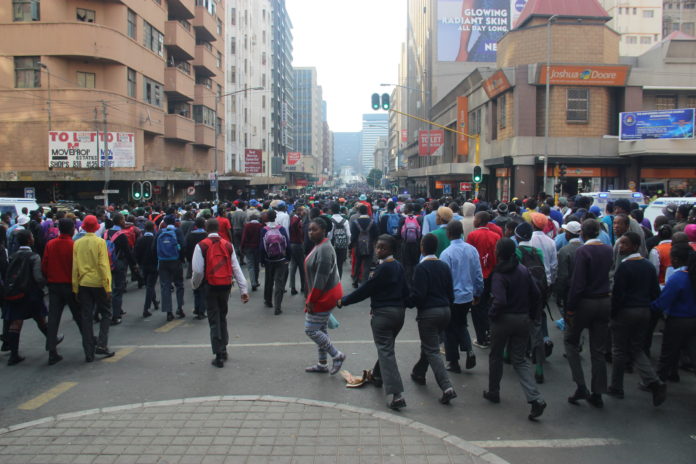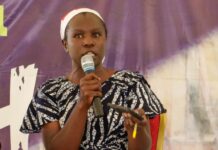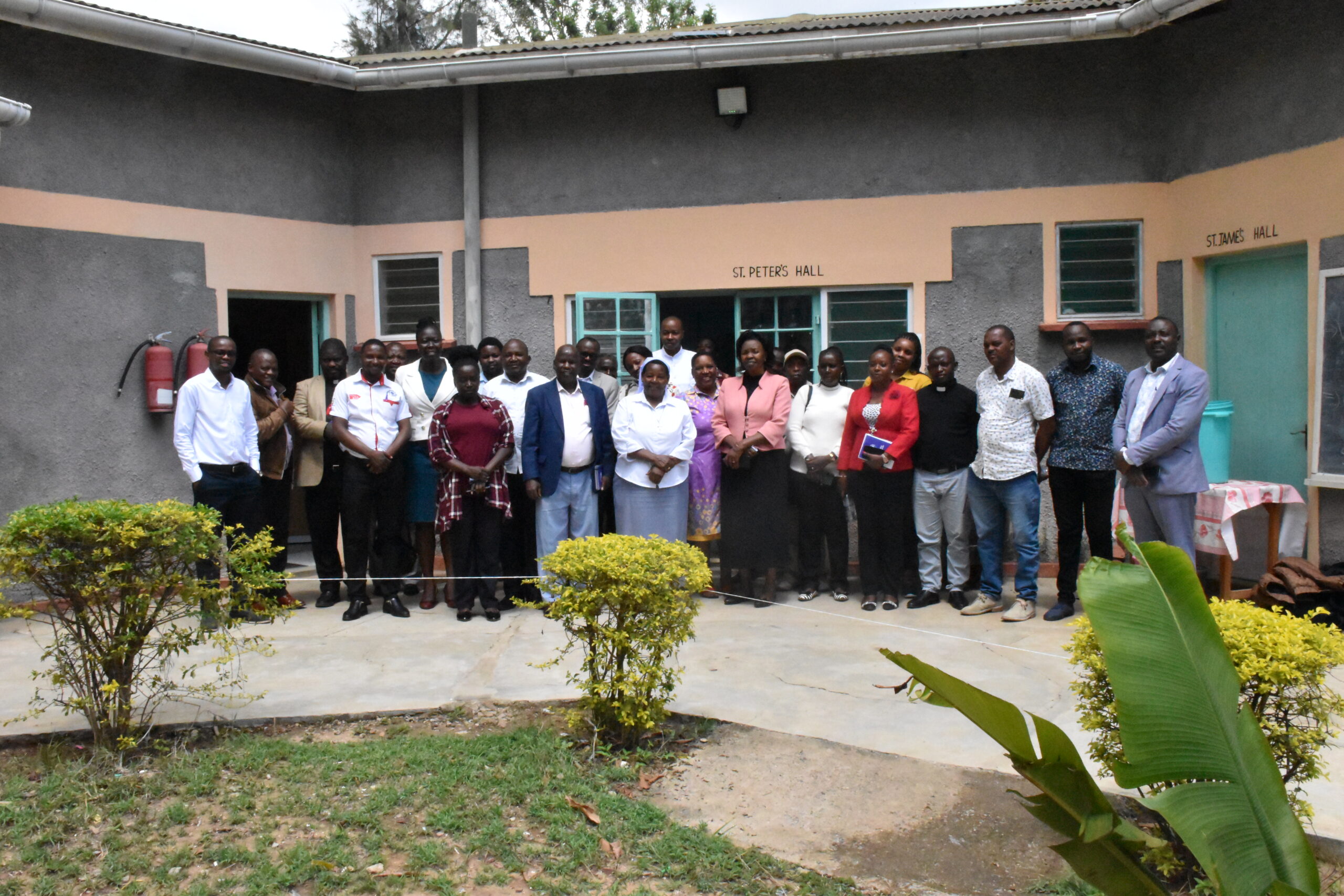By Sharon Kiburi
Dianah Chiyangwa, a photojournalist, moved to South Africa in 2005 from Zimbabwe, her first experience with xenophobia was in 2008.
“I was traumatized. I had never seen so much hate amongst Africans. I stayed indoors for two weeks until the situation was calm. It saddened me because there were fatalities in the townships,” said Dianah.
Dianah believes that lack of employment among black South Africans is one of the causes of xenophobia, although there are misconceptions that foreign nationals are taking jobs that are supposed to benefit local citizens.
Dianah further elaborates that in some instances, criminal elements contribute to these hate crimes. Lack of a skilled labor force among the locals is another challenge hence in most sectors like the mining industry and factories most workers are foreign.
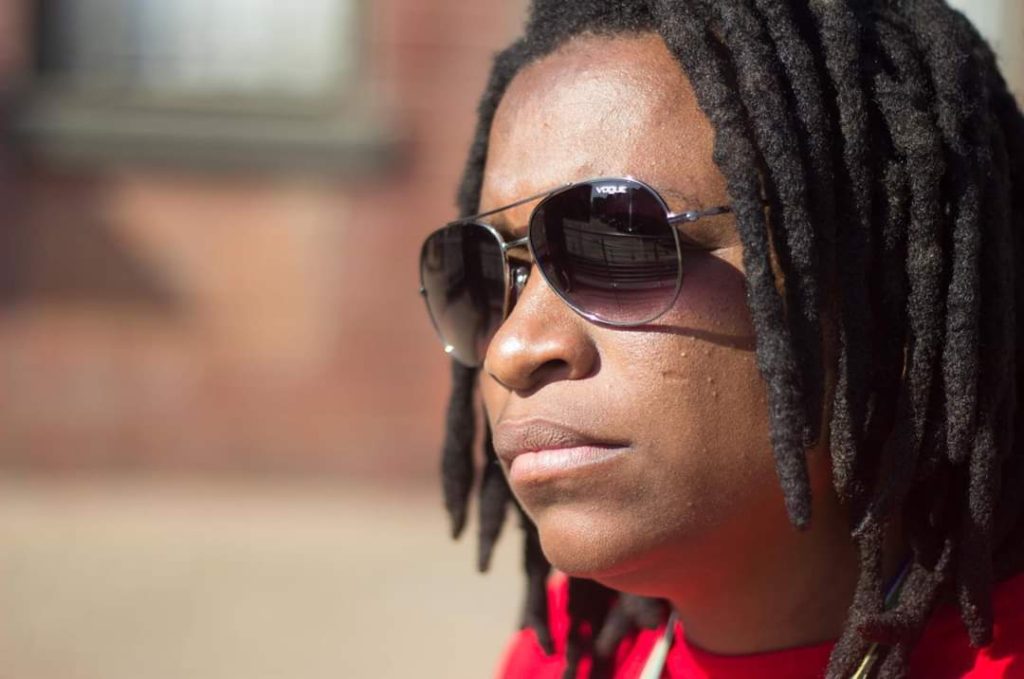
“My personal experience, xenophobia causes pain and stress as being a ‘foreigner’ exposes one to imminent harm by the perpetrators of xenophobic attacks on non-South Africans,” she says.
She said that the attacks may cause Post Traumatic Stress Disorder (PTSD) such as grief, sadness, disturbing thoughts, and panic.
Xenophobic violence in South Africa can be traced to as early as a few months after the first democratic elections on 27 April 1994. In December 1994, in Alexandra, ‘armed youth gangs destroyed foreign-owned property and demanded that foreigners be removed from the area.
Evictions, looting of property and even killings were reported elsewhere in the country. The frequency of such events gradually increased, with an unprecedented level of violence reached in May 2008. Between January 2008 and the May 2008 riots, at least thirteen foreigners were killed, many shops were burnt down and many made homeless. Violence was also reported in the Eastern Cape, in the Western Cape, in Gauteng, in Kwazulu-Natal and in the Free State (Duponchel 2009).
An expert in the subject Professor Daryl Glaser of the University of Witwatersrand in South Africa says the country (South Africa) has many problems, and its citizens look for someone to blame. The influx of foreign African nationals provides a ready target as a scapegoat.
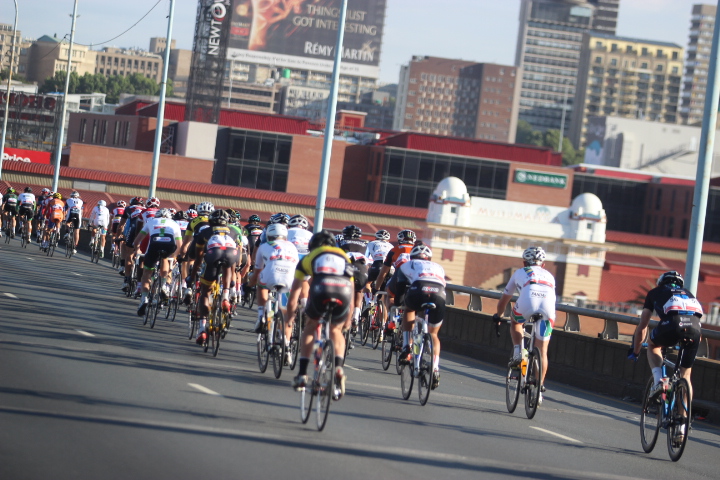
Professor Daryl says the root causes of xenophobia in South Africa include problems of unemployment, poverty, and inequality and there is a perceived competition between South Africans and non-nationals over jobs and customers, but also over houses, health services, and even women! Foreigners publicly get blamed for violence and illicit drug-related crimes
“Many of these perceptions are exaggerated, stereotyping or misleading, but they are readily mobilized by local-level leaders looking for economic or political advantage,” says Professor Daryl.
Prof Daryl further says black South Africans have high expectations of their government and expect to be prioritized in post-apartheid reconstruction. They see non-nationals as preventing their legitimate expectations from being realized. He says that foreigners are paying the price for the government’s failure to deliver to its black constituents.
Prof Daryl says: “Certainly apartheid has left a very difficult legacy, including trauma amongst many. There are also many psychological problems arising from the ongoing post-apartheid prevalence of deprivation, violence and family breakdown.”
“I don’t think xenophobia is part of some high-level conspiracy to divide Africans. It arises out of local dynamics and interests such as a local businessman trying to muscle out competitors,” says Prof Daryl.
Njabulo Mlotshwa a South African currently working as an IT technician at Witwatersrand University says “Xenophobia is a tool politicians use to distract citizens from the government activities.” It is peculiar that Xenophobia attacks are heightened during regime change for the political millage.
Sharon Ekambaram, Programme Manager at Refugee and Migrant Rights Programme in Johannesburg says that xenophobia, ‘racial othering’ and Islamophobia is a narrow nationalist narrative about the threat that refugees and migrants pose. “In other words, support and solidarity for the plight of migrants are not in the national interest.”
Migrants and refugees are used as scapegoats for failed policy implementation and in some countries walls are being built and refugees are being blocked from entering Europe.
The declaration of a ‘war on terror’ by the US has resulted in specific populations being seen as a security risk. This marks a distinct shift in how countries globally and predominantly in the North are responding to the humanitarian crisis of people fleeing from persecution and for their very survival.
According to the online English Oxford Dictionary xenophobia is defined as ‘a dislike of or prejudice against people from other countries’. The outbreak of xenophobic violence of 2008 and then again in 2015 in South Africa, are just blips on the radar which catches the attention of the international media as a sensational story of bloody faces and dead bodies – headlines that sell papers.
In reality, xenophobic violence is meted out on a daily basis predominantly against poor working-class foreigners. A documentary: Voetsek! Us brothers? (2017) was commissioned by Lawyers for Human Rights (LHR). It looks at the timeline of violence through the lens of socio-economic inequalities and documents the unsubstantiated reckless statements made by political leaders in South Africa and related outbreaks of violence in townships and informal settlements in South Africa.
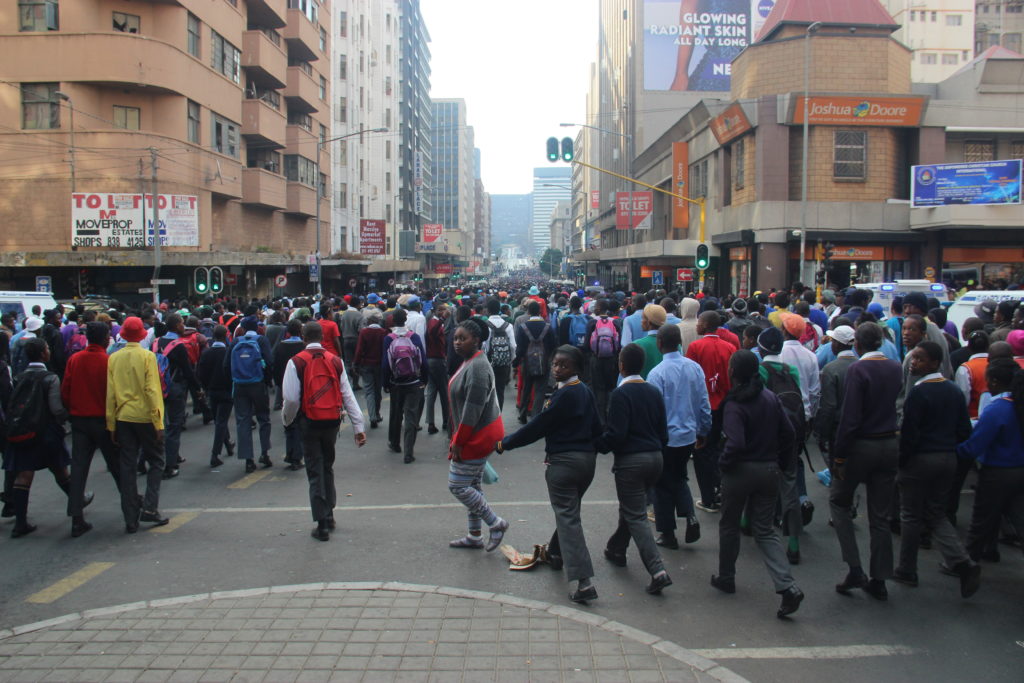
Sharon says that darker-skinned people of African descent are targeted for attacks in South Africa. The routine arrest and deportation results in deep trauma for people who consider themselves at risk. She says that people are identified by the language they speak and if it is not one of the 12 official languages of South Africa, they are hunted down and get arrested if they cannot produce legal documents.
“‘Kwerekwere’ is a term used by South Africans to refer to foreign African nationals. The term mimics the languages spoken by non-South African nationals,” says Sharon.
Edwin Tallam, a Kenyan Citizen and Ph.D. student at Witwatersrand University, says he has not experienced xenophobia since coming to South Africa in 2017.
Tallam says that recent attacks affected townships and businesses as the main targets. “But I would say that xenophobia has been largely framed as a particular problem in South Africa, yet there are worse forms of intolerance in various African countries.”
Tallam believes that the root cause of xenophobia in South Africa is largely driven by propaganda. Part of the propaganda is the perception that foreigners are taking up businesses and jobs from the locals.
Tallam says he does not think xenophobia is a new strong-arm way to cause more division among Africans/African countries. He says: “These waves of attacks are intermittent and you cannot really blame it on South Africans. Just like in any other country, criminal elements are everywhere.”
Tallam says that the use of the word ‘xenophobia’ makes it a huge term making it attract more attention than it really deserves. He contends that South Africa is still doing far much better than many African states “where tribalism reigns deep”.
Photos by Diana Chiyangwa

